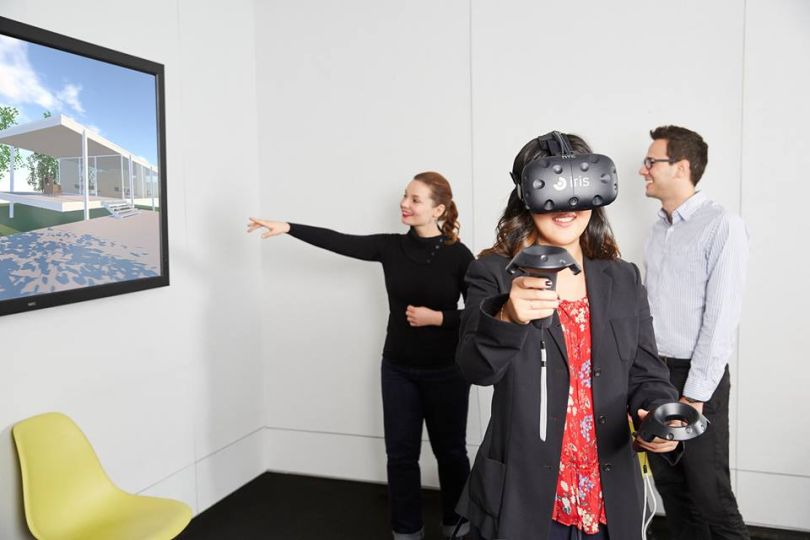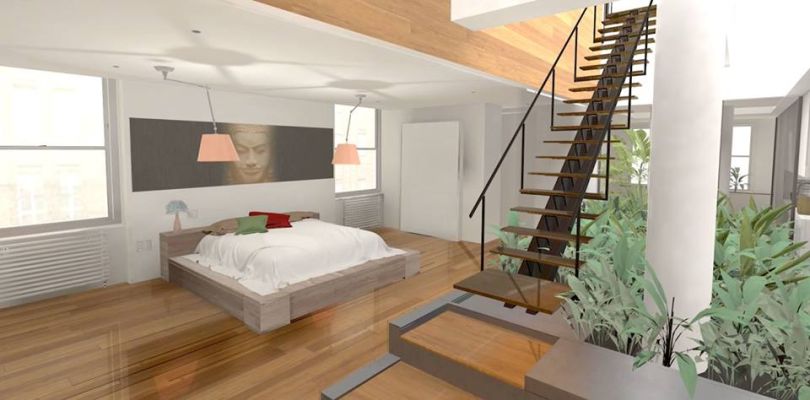
A lot of people think virtual reality goggles are only for hardcore gamers.
But, the reality is that the technology is being used by a diverse array of legacy industries as well. By being able to see and interact with things in the virtual world, companies can become more efficient and forward thinking.
One promising use of this technology is in the unlikely field of building design. "Architecture and construction firms are constantly looking for ways to innovate on the tech side of things," Nate Beatty, co-founder and CTO at IrisVR said. "The industry is generally slow to adopt new technologies, but they are interested in these types of tools."
IrisVR makes virtual reality software for the building industry. Their platform allows architects or other stakeholders to upload their existing workflows onto the virtual world and see what their plans will look like completed, without laying a single brick. Once in virtual reality, anyone with VR goggles can navigate through the designs like they were doing a real walk through. They can even leave feedback in virtual reality or draw notes in 3D.

You can see why it's appealing to consumers and builders alike. Buildings are expensive and permanent structures, so it's worth investing in making sure it's done right the first time. If you were building your dream home, you’d almost certainly welcome an opportunity to see what it looks like in real life, rather than relying solely on 2D models and the advice of hired strangers.
The technology also allows for global collaboration. Because designs can be viewed and marked up anywhere, it makes it easier for, say, an architect in Barcelona, a construction company in Mexico City and a Starbucks executive in Seattle to work together to build a new coffee shop.
IrisVR was founded in 2014, around the same time the Oculus Rift developer kits started to become available. Shortly after, the company was accepted to Techstars NYC’s Winter 2015 class, a program that accepted less than .08 percent of applicants.
After graduation, IrisVR picked up a Seed round and last October, they closed an $8 million Series A.
Images via IrisVR.
Know of a company that deserves coverage? Let us know or tweet us @builtinnewyork.



